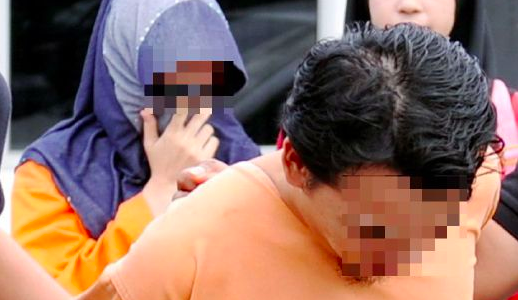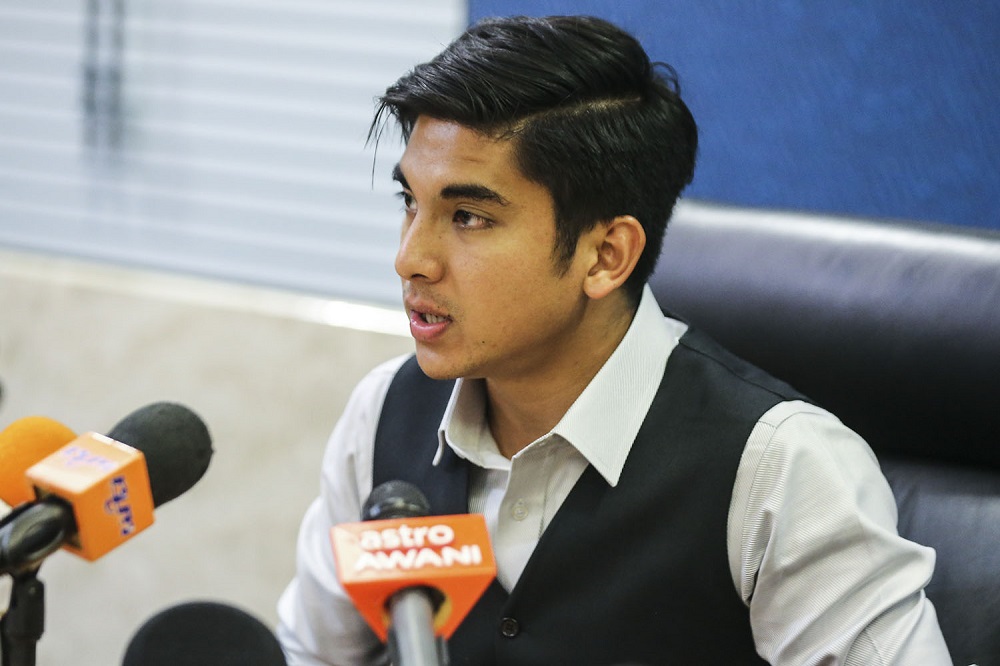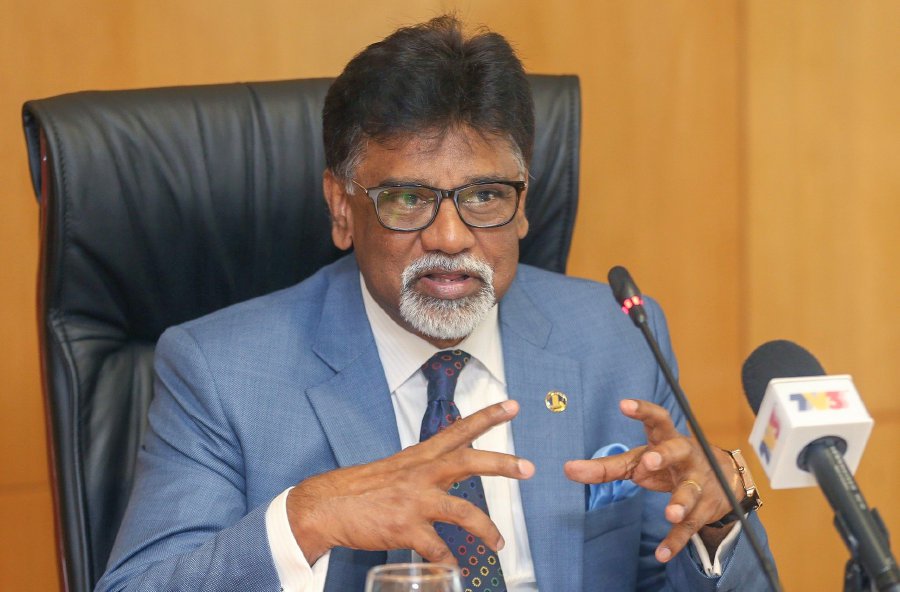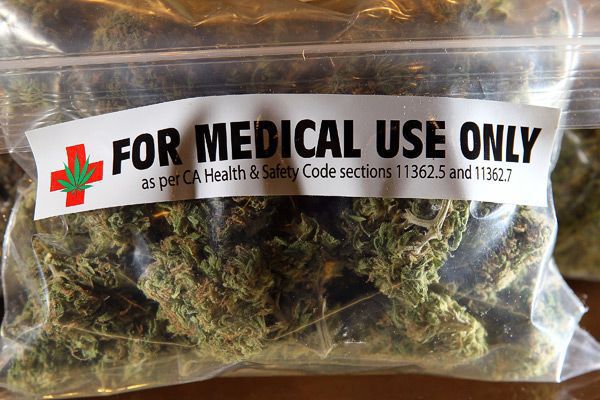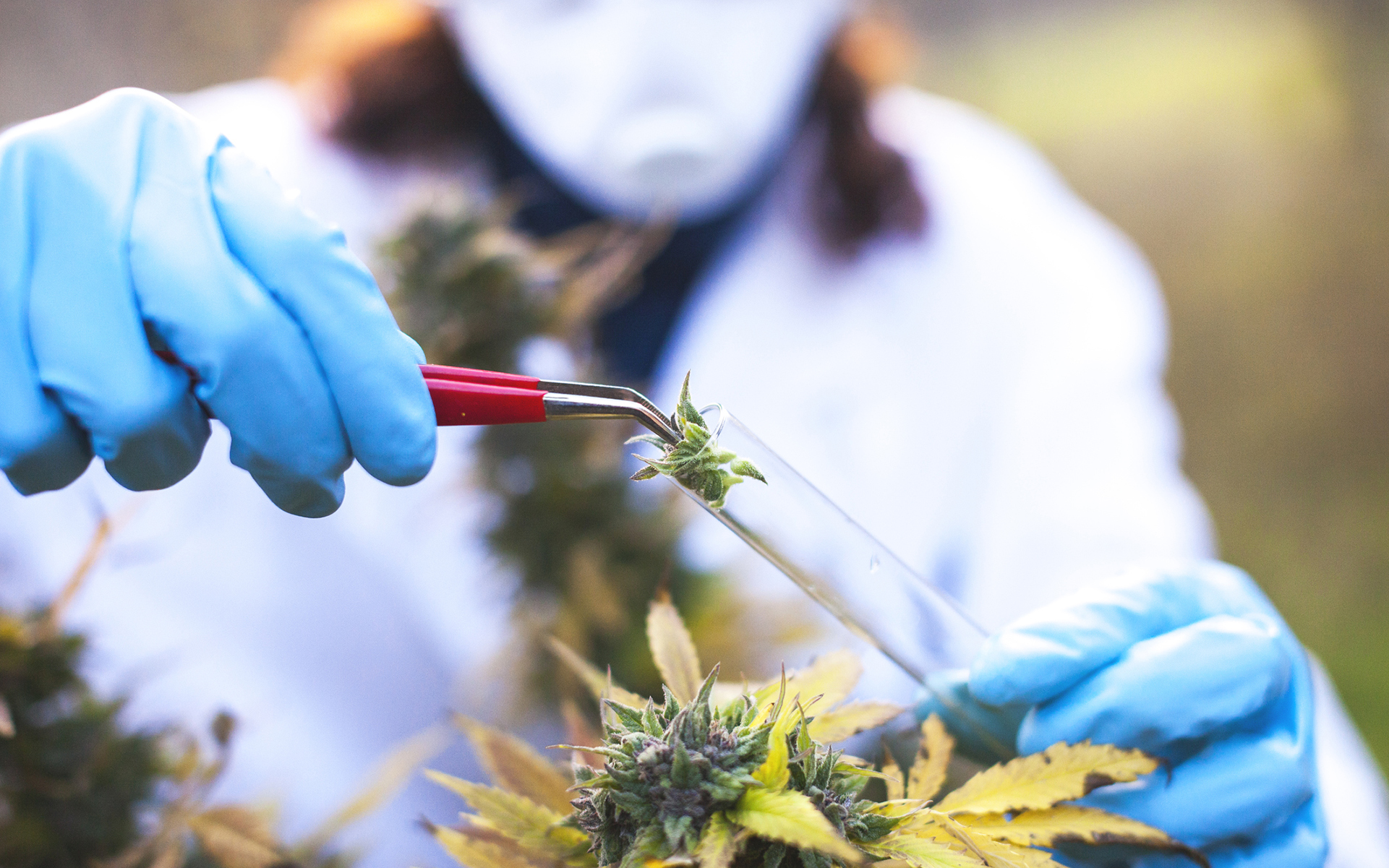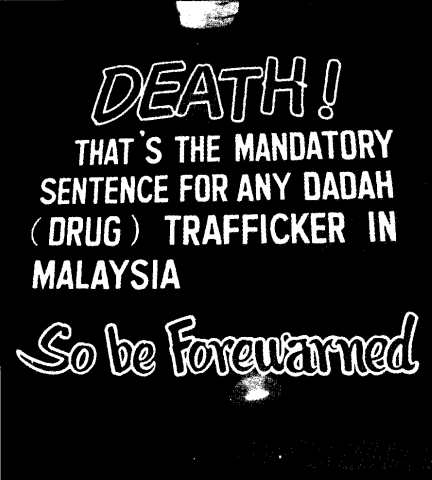Medical Marijuana Is Partly Legal In Malaysia. Here's How
There are contradicting laws in Malaysia when it comes to marijuana.
The death penalty on a 29-year-old medical marijuana distributor was halted by the Cabinet last week following public outrage
Muhammad Lukman, who was previously sentenced to death for possessing, processing, and distributing medical marijuana, has escaped the gallows following the announcement by Youth and Sports Minister Syed Saddiq Syed Abdul Rahman on 12 October.
"We agree to put a moratorium on (Lukman's) death penalty which will be taken down, and agree that the use of medical marijuana should never be punished with the death sentence," Syed Saddiq was quoted as saying by Malay Mail last week.
The moratorium came after another minister revealed last month that the Cabinet has begun informal talks on the medicinal value of marijuana, also known as cannabis
Minister of Water, Land and Natural Resources Dr. A Xavier Jayakumar told Bloomberg in an interview on 26 September that cannabis should be allowed to be used for medicinal purposes.
"My own personal view is that if it's got medicinal value, then it can be a controlled item that can be used by Ministry of Health for prescription purposes," Xavier was quoted as saying by Bloomberg.
If legalised, Malaysia will become the first country in Asia to decriminalise medical marijuana
Malaysia now joins Thailand in deliberating the legalisation of the drug in Asia.
According to Bloomberg, a unit under Thailand's Ministry of Public Health has been working on persuading its military government to approve a cannabis study, in hopes of developing a medical marijuana sector.
Bloomberg added that Canada's medical pot industry, the first across the world, is worth more than USD60 billion (approximately RM250 billion).
While debate has erupted over legalising medical pot in the country, the answer to it has already been laid out in Malaysian laws. Here's why we have yet to enforce the legalisation of medical marijuana:
1. Marijuana is classified as a highly dangerous drug across the world, including Malaysia
To classify as a Schedule I drug, deemed the most dangerous group of all drugs, the following conditions must be fulfilled:
- The drug or other substance has a high potential for abuse,
- The drug or other substance has no currently accepted medical use in treatment,
- And there is a lack of accepted safety for use of the drug or other substance under medical supervision.
For instance, despite its legalisation for recreational use in the United States, marijuana is still deemed more dangerous than cocaine and methamphetamine (meth) in the country. Debate over removing marijuana from Schedule I is still ongoing.
Despite its classification, the medical use of marijuana has already been proven in recent studies. A study by the US National Institute on Drug Abuse (NIDA) earlier this year revealed that two components of the marijuana plant are actually helpful for medical purposes.
Here are the medical effects of marijuana's components, THC (delta-9-tetrahydrocannabinol) and CBD (cannabidiol), according to NIDA:
- Increase appetite,
- Decrease pain,
- Decrease inflammation,
- Alleviate muscle control problems,
- Control epileptic seizures, and
- Possibly treat mental illness and addictions.
Nonetheless, NIDA reported that there are a lack of large-scale clinical trials to prove that the medical benefits of marijuana outweigh its risks in treating patients.
2. Our drug law allows and criminalises marijuana at the same time
Lukman, the medical marijuana distributor, was convicted under Section 39B of the Dangerous Drugs Act 1952 for trafficking a dangerous drug, which led to his death sentence.
Malaysia has been labeled as one of the world's toughest countries when it comes to drugs, after two foreigners were sentenced to hanging in 1986 for transporting heroin.
However, Sections 4 to 6 of the same Act also allows the importation, exportation, and possession of marijuana with the approval of the Health Minister. The Minister is also empowered under Section 6B to allow "public officers" to plant or cultivate marijuana for these reasons:
- Research,
- Educational,
- Experimental,
- Or medical purposes.
Moreover, marijuana is a Group B poison under the Poisons Act 1952. Under Section 21 of the Act, marijuana can be sold by people in these professions:
- Registered medical practitioner for treatment of patient,
- Dental surgeons (excluding dentists) for treatment of dental patient,
- Veterinary officer for treatment of animals only,
- And a licensed pharmacist with a prescription from professionals listed above.
3. Malaysia has been waging war on drugs for decades
In 1979, Australian national Robert Symes, who was caught with 1.7kg of marijuana in Perlis, said that he did not even try to hide the drug as the trafficking law "didn't seem serious" to him at the time. He was eventually sentenced to jail for life and six strokes of the cane.
Symes' punishment came before Tun Dr. Mahathir Mohamad waged war on drugs in the 1980s. In his first stint as the Prime Minister, he had made drug abuse and trafficking Malaysia's top national security threat, according to a 1986 document by the Central Intelligence Agency (CIA).
This began with the 1983 amendment of the Dangerous Drugs Act 1952, where a mandatory death sentence was imposed on drug trafficking. New York Times reported that within six years of enforcement, 235 people had been sentenced to death under the Act.
People who travelled to Malaysia in the 1980s were greeted with this warning at airports.
Image via CIATo give you a more vivid view of how serious Mahathir's administration was on eradicating drugs, here's a quote from Tey Boon Hwa, then assistant director of the Anti-Narcotics Task Force in 1989:
"We also hang old ladies, even if we don't normally publicise it. If you get caught, you face the music."
Hence, although the legal status of medical marijuana has been gazetted into law even before Malaysia's independence, it has yet to be enforced
As reported by Bloomberg, Malaysia's challenge in allowing medical marijuana is to draft laws that are specific enough to differentiate the uses for the drug.
There is also a lack of research on the medical use of marijuana, according to Health director-general Dr. Noor Hisham Abdullah. Nonetheless, he hinted at the possibility of studying the drug in Malaysia.
"As far as research is concerned, it can be used even if the drug is not registered in the country... the Ministry can give exemption for its use in research," Noor Hisham was quoted as saying by The Star last month.
Here's the testimony of Kelsey Darragh, producer of Buzzfeed on using medical marijuana to handle her chronic pain:
